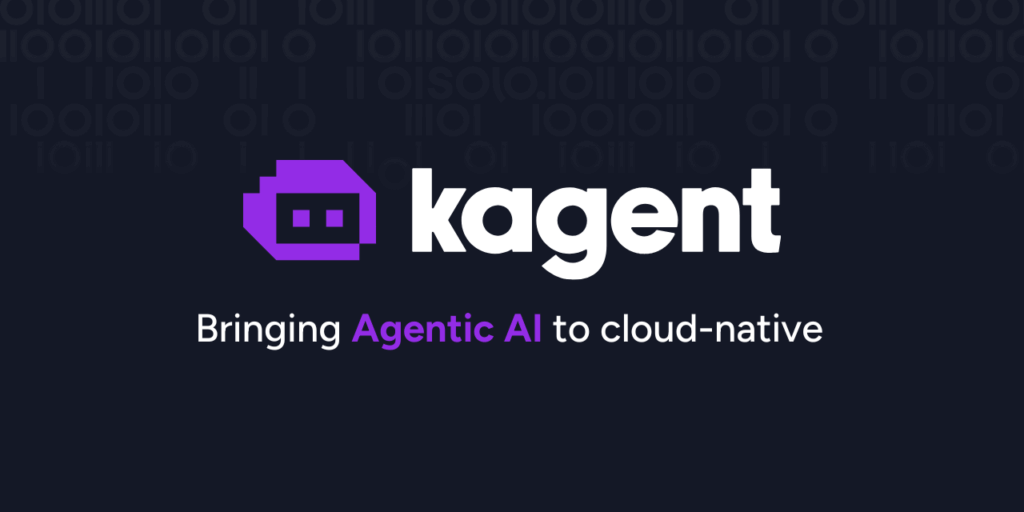kagent
Basic Information
kagent is a Kubernetes-native framework for building, deploying and managing AI agents. It provides Kubernetes custom resources and controllers so developers and cluster operators can define agents declaratively as an Agent resource that bundles a system prompt, tools and an LLM configuration. The project targets teams that run workloads on Kubernetes and need a reproducible, observable and extensible platform for agentic applications. Kagent integrates multiple LLM providers via a ModelConfig CRD, connects agents to tool servers through an MCP mechanism, supports memory for agents to access up-to-date context, and offers observability via OpenTelemetry. The repository also includes a web UI, a controller, an engine that runs agents using ADK, and a CLI to manage agents and tools. Documentation and local development guidance are provided to help contributors and operators get started.








